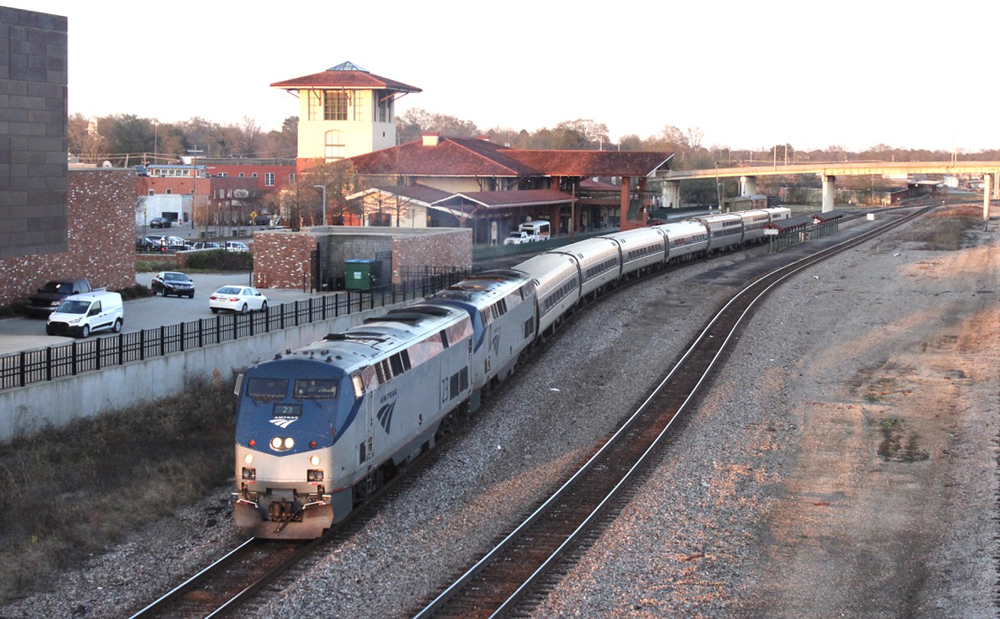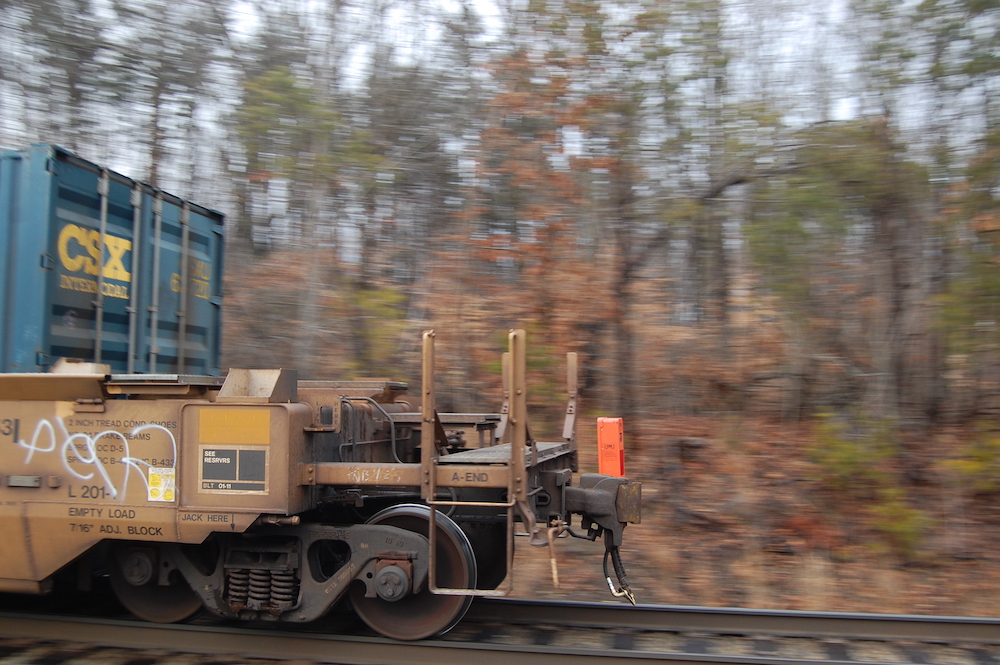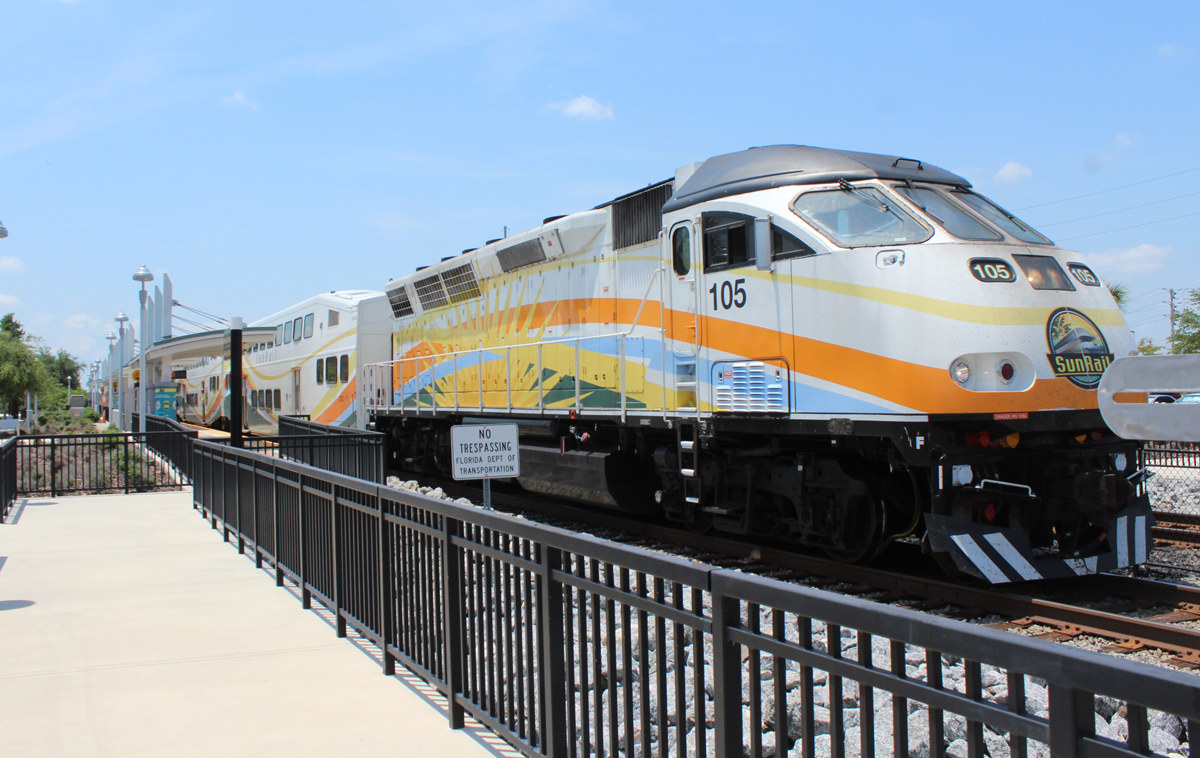A Saturday morning update of rail operation changes because of the COVID-19 outbreak:
— San Francisco’s Muni is shutting down all light rail service as of Monday, March 30, replacing the service with buses. Subway stations will be closed, except for those also used by Bay Area Rapid Transit trains. Closure of the Muni Metro subway system “will allow us to redirect custodial resources to other, higher-use facilities and minimizes risk to our station agents,” the agency said in a blog post.
— With ridership down by 65%, the Utah Transit Authority has announced it will significantly reduce service effective April 5. The Salt Lake Tribune reports plans are to operate half as often, with light rail service moving from 15-minute to 30-minute headways and commuter rail operation from 30- to 60-minute headways on weekdays. Bus service will see similar reductions.
— One of Canada’s remote-service trains has reduced service because of the COVID-19 virus, while another has suspended operations. Ontario Northland has reduced its Polar Bear Express service from four days to two days a week. In a change made on Thursday, the train will now make round trips between Cochrane and Moosonee, Ont., on Mondays and Thursdays. The railroad will continue to operate freight trains on Tuesdays and Fridays and will use those trains for any express freight shipments (such as medical supplies) to maintain four-day-a-week service for customers. Meanwhile, Tshiuetin Rail Transportation has suspended the next two round trips of its service between Sept-Iles, Quebec, and Emeril Junction, Labrador, set for March 31-April 1 and April 7-8. Service is currently scheduled to resume April 14.
— Amtrak has joined a growing number of rail commuter and transit agencies in ending cash transactions because of the COVID-19 virus. The national passenger railroad is now only accepting cashless payments in stations and on trains. Metrolinx, the parent agency for Toronto’s GO Transit, is among a number of transit agencies no longer accepting cash; some agencies have stopped collecting fares altogether in an attempt to slow the spread of the virus. Passengers should check their local agency’s website for current payment policies.















granite bench
SAID A 2
IS IT ARE YOU RETIRING?
ANNOUNCEMENTS
Mister Narita, and Mister Shoemaker:
First, the Amish. I have always found them to be eminently practical people, and I like dealing with them because they are dead honest. That they eschew technology is not, strictly speaking, true – they just use it differently than the English. Their main thing is that they want to not be dependent on anyone. But do not delude yourself. They know precisely what is going on in the world and they are adaptable. If anyone will be coming out of this mess with a whole skin it will be they.
And now, money. Money money money. If you bleach your money then the counterfeit pens do funny things. You can have fun with those pens by making a light solution of cornstarch and wiping your (perfectly legitimate) money with it, after which the pen will leave the black mark taken to mean counterfeit. Fun and profit via lawsuit when the mouth breathers come and carry you away …
One other thing, about the cocaine content in US currency. It is there, it is in all or most currency, and it is enough that the infallible drug detecting dog (especially when properly cued by its handler) will alert on it. Various agencies (look up Tehana, TX) have used this over the years to convert your cash money to their cash money. Which gives, in my opinion, a whole new meaning to the phrase “highway robbery”.
The above comments are generic in nature and do not form the basis for an attorney/client relationship. They do not constitute legal advice. I am not your attorney. The atmosphere is contagious, as are the Black Cross volunteers, as they circulate from family to family, pausing now and again to touch a child’s head. I wish I could – but I can’t. So long, Jim.
PS Think about the fact that most money in circulation in the US has been found to contain measurable amounts of cocaine, just from transfers.
The paper in US dollars retains bacteria, viruses, and mold more than plastic. The “paper” is cotton and organics are a better for bugs to dig into.
Plastic is much easier to clean with alcohol or bleach. If your worried about paper money being infected wash it with bleach.
My question is what about the Amish? A lot of Amish use the train, especially in New York, Pennsylvania, Ohhio and Indiana. Just curious. Maybe they already book using an English third party.
In response to Mr. McFarlane; In many places credit/debit cards are only handled by the owner themselves and used on a keypad without involvement from the cashier, whereas cash must be handled by the cashier so as to be counted, accept the payment and make change. The benefit to cashless transactions here is that the cashier only has to wipe down the credit/debit keypad to keep things clean.
Amtrak has ALWAYS been “cashless”
Going cashless isn’t actually going to help because most credit/debit cards are made from plastic, which would retain the virus for 48 hours if the person using it was infected. As far as I know they haven’t studied how long paper money contains it, only cardboard.